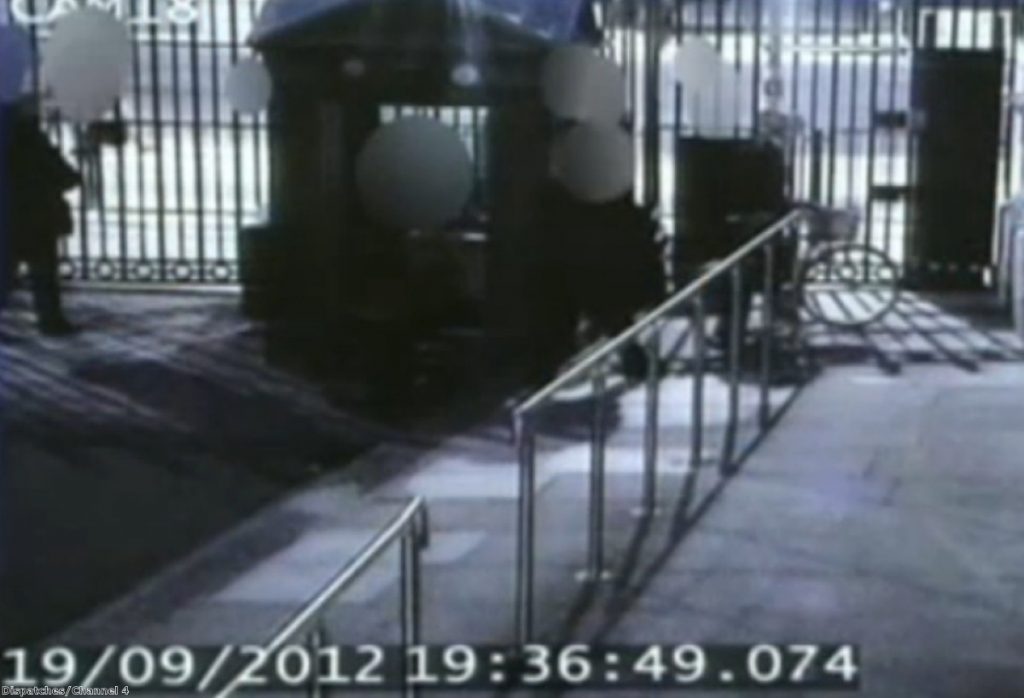PM’s plebgate handling mauled
David Cameron was wrong to ask the Cabinet secretary to investigate the Andrew Mitchell 'plebgate' scandal, a committee of MPs has said.
The public administration select committee (Pasc) continued its campaign to persuade the prime minister to rely more on his adviser on ministerial interests, Sir Alex Allan, in a report published today.
Civil service chief Sir Jeremy Heywood, the Cabinet secretary, was asked by Cameron to investigate the allegations against former chief whip Mitchell last autumn.
He identified discrepancies between the CCTV footage and the account offered by police officers and a member of the public. But it has now emerged a member of the police could have posed as that member of the public, prompting question-marks about the conduct of Metropolitan police officers.
Heywood admitted there could have been a "gigantic conspiracy" against No 10 in an evidence session before the Pasc committee.
"The Cabinet secretary attempted to investigate this matter but failed to resolve or even to investigate the questions arising from the discrepancies in the accounts of the events, or to advise the prime minister that they required further investigation," committee chair Bernard Jenkin said.
"This underlines the all-too-obvious truth that investigations into ministerial misconduct are not an appropriate role for the Cabinet secretary to undertake."
Jenkin added on the Today programme Heywood's day job meant he would have been too busy keeping "the wheels on the bus" to conduct an effective investigation.
The Cabinet secretary's role is limited and could conflict with his primary role assisting ministers in running the government, MPs found.
Earlier this year the Pasc committee expressed its frustration that Cameron had decided to refer allegations about former Conservative party co-chairman Sayeeda Warsi's expenses to Sir Alex Allan, but not then culture secretary Jeremy Hunt's handling of the BSkyB takeover bid.
Cameron argued Hunt faced sufficient scrutiny through his appearances in front of the Leveson inquiry into the culture, practice and ethics of the press. The prime minister later declared himself satisfied with Hunt's conduct, despite Leveson having made clear his deep discomfort about the unexpected dual use of his inquiry.
Ministers did not contest a backbench motion in July last year calling for the prime minister's adviser on ministerial interests to be empowered to begin his own investigations – despite frontbencher Nick Hurd making clear he opposed the reform from the despatch box.
Jenkin asked MPs: "How can any prime minister be seen to be objective when he has to make judgements about colleagues that could have far-reaching political consequences?"
The government has rejected the report's findings outright, however.
"If there had been evidence of criminal activity it would have been referred to the police," a Cabinet Office spokesperson said.
"The unanswered questions about this case are ones which the police must now get to the bottom of. We are as determined as anyone else is to see that happen."
The Institute for Government think-tank said Cameron and future prime ministers would be better off for the truth to emerge, however.
Director Peter Riddell said: "It is in the interest of the prime minister as well as the Cabinet secretary to know unambiguously who can, and should, investigate charges about ministers' conduct and behaviour as well as their interests."





-01.png)